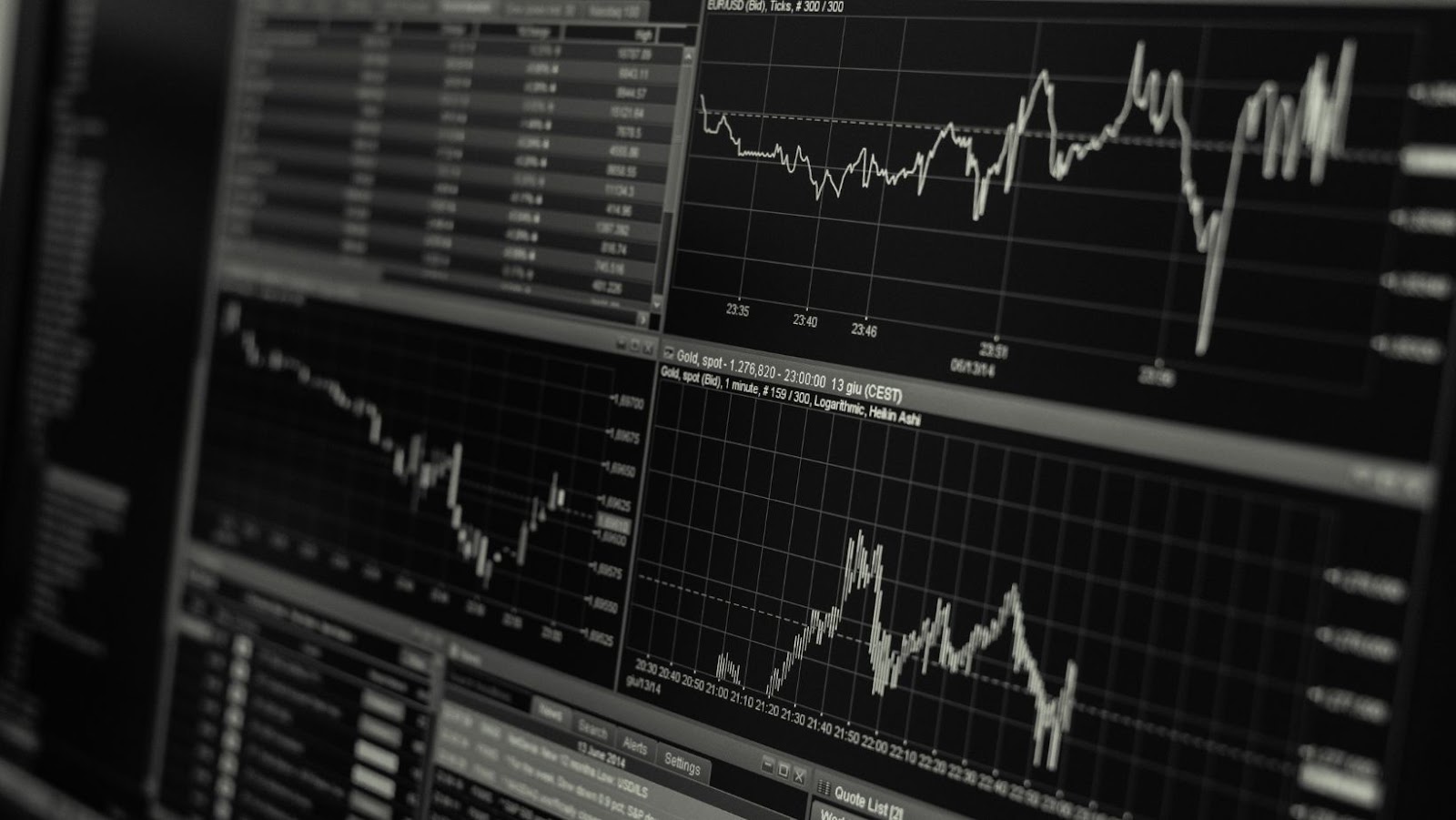
If you’re new to the world of stocks and investing, you may have come across the term “DRS.” DRS, or Direct Registration System, is a service offered by some companies that allows shareholders to directly register their holdings with the company’s transfer agent. This means that instead of holding physical stock certificates or having their shares held in a brokerage account, they have their shares registered electronically with the transfer agent.
By using DRS, shareholders can reduce the likelihood of loss or theft of their physical stock certificates, minimise the fees charged by brokers for handling physical certificates, and have more control over their investments. However, it’s important to note that not all companies offer DRS, and those that do may have specific rules and requirements regarding its use.
Overall, DRS is a service that can provide some benefits for individual shareholders in the stock market. Understanding what DRS is, how it works, and which companies offer it can help investors make informed decisions when managing their investments.

What is DRS in Stocks
Direct Registration System, or DRS in short, is a method that allows investors to hold shares in electronic or physical form without the need for a paper certificate. DRS is an advanced system that streamlines the process of buying, selling, and transferring stocks.
Generally, when investors buy shares in a company, they receive a stock certificate as proof of ownership. However, it can be a hassle to physically manage and store these certificates, especially if an individual holds shares in multiple companies. This is where DRS comes in handy.
Through DRS, investors can hold their shares in electronic form by registering their name and information with the company’s transfer agent. This process eliminates the need for a paper certificate and simplifies the buying and selling process. Investors can choose to hold their shares in either electronic or paper form, and they can also switch between the two by contacting the transfer agent.
DRS is also beneficial for companies, as it reduces their administrative burden and costs associated with issuing and maintaining paper stock certificates. Additionally, DRS enables companies to easily track their shareholder details and voting records.
Investors who hold their shares through DRS can still receive dividends and participate in shareholder meetings and voting just like those who hold paper stock certificates. However, it is important to note that not all companies offer DRS as an option, so investors should check with the company’s transfer agent to see if it is available.
Overall, DRS is a convenient and efficient method for investors to hold shares in a company without the need for paper stock certificates. It simplifies the buying and selling process, reduces administrative costs for companies, and allows for easy tracking of shareholder information.
DRS or Direct Registration System is an electronic system that allows you to hold your stocks in book-entry form directly with the company, without having to go through a broker. In other words, DRS removes the need for physical stock certificates as the ownership of the shares is recorded digitally.
Using DRS brings a range of benefits for investors. Here are some of the advantages of utilising DRS in stocks:

Increased Efficiency
DRS greatly streamlines the process of buying and selling stocks, as investors can now directly purchase as well as manage their stocks without the intervention of intermediaries. This not only reduces the time taken to complete trades, but also minimises the risk of errors that can arise during the transfer of physical stock certificates.
Cost Savings
Using DRS eliminates expenses associated with traditional stock certificate management, like courier charges and fees from brokerage houses. Investors can also avoid opening a Demat account that comes with annual maintenance charges and transaction fees.
Convenience
DRS offers investors a secure and easy way to manage their stock portfolios without needing to worry about misplaced stock certificates or outdated information. DRS is also beneficial for those investors who live in different locations than their broker or company as it allows them to manage their stock account from anywhere in the world.

Environmentally Sustainable
DRS reduces the amount of paper waste that is produced by traditional stock certificate management. This system promotes paper-free and environmentally friendly practices that are becoming increasingly important in today’s world.
In conclusion, utilising DRS in stocks can optimise your trading experience by providing increased efficiency, cost savings, and convenience, while also being environmentally sustainable.
As I discussed earlier, DRS or Direct Registration System is a beneficial method for shareholders to manage their stocks without the need for physical certificates. However, there are some potential drawbacks to consider before opting for DRS.
- Limited control: Once you register for DRS, some companies may restrict your ability to transfer your shares. This means that you need to rely on the transfer agent to make any changes to your account, which can result in delays and additional fees.
- Risk of fraud: While DRS is generally considered to be safe, there is still a risk of fraud. Shareholders need to be vigilant about protecting their account information and monitoring their holdings regularly.
- Limited access to records: With DRS, you may not be able to access your records as quickly as you could with physical certificates. This can be a problem if you need to sell your shares quickly or need to provide proof of ownership for other purposes.
- Lack of portability: Some companies may not support DRS, which can limit your ability to transfer your shares to another brokerage or sell them on the open market.
In summary, while DRS can offer a convenient way for shareholders to manage their stocks, it’s important to carefully consider the potential drawbacks before signing up. Be sure to weigh the pros and cons to decide if DRS is the right choice for you.
